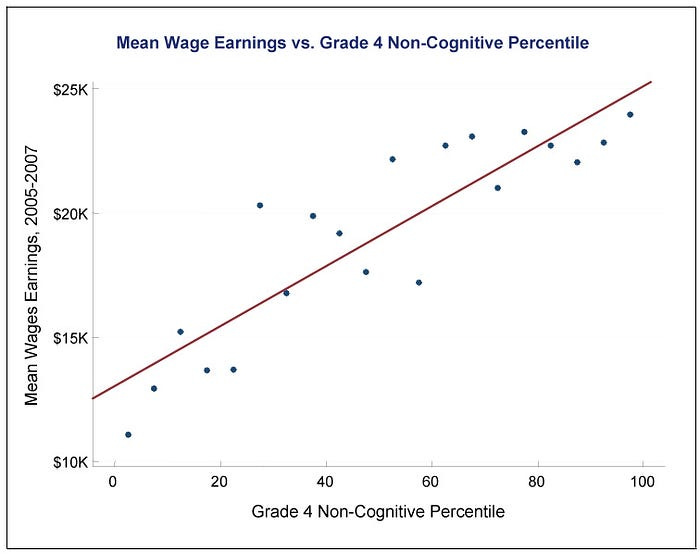Helping Isn’t Always What It Seems
Sometimes good intentions are just stories we tell ourselves for comfort, not impact.
My friends Leo and Mia are raising their four and five-year-old kids in a way that made my girlfriend and me deeply uneasy. They chose to homeschool their kids before sending them to primary school, but their version of “school” or kindergarten looks nothing like what I understood it should. I’ve never seen a math problem or a grammar textbook. Instead, their days are a whirlwind of building elaborate forts in the living room, managing a lemonade stand with the neighborhood kids, and spending hours in the garden arguing if the moon has the right shape to start planting tomatoes.
To my eye, this was a beautiful, well-intentioned, but profound neglect of the fundamentals. I saw a lack of discipline, an absence of rigor. “They’re falling behind,” I told my girlfriend. “They can’t just collaborate their way into college. The world runs on numbers, words, you know, cognitive skills.” She agreed. We saw our duty as caring friends to stage a gentle intervention, to offer the obvious, rational solution they were missing.
So one evening, over wine, I laid out my case. I spoke carefully about the importance of a strong academic foundation, the competitive advantage of early reading, the non-negotiable nature of basic math. I suggested books. I mentioned tutors. I felt like a bearer of necessary, if unwelcome, truth.
Leo and Mia listened patiently, without defensiveness. When I finished, Mia simply said, “We hear you. And we’ve thought about this a lot. Can we send you something to read? It really articulates our philosophy better than we can.”
The next day, a link arrived in my inbox. It was a study by the economist Raj Chetty. I opened it with a sigh, ready for a treatise on hippie pedagogy. What I read instead schooled me utterly.
Chetty’s team had analyzed a vast experiment in Tennessee where students were randomly assigned to different kindergarten classes. The discovery was stunning: a child’s kindergarten teacher could predict their annual income at age 25. But the mechanism wasn’t what I assumed. The initial bump in test scores these teachers provided faded away within a few years.
The real, lasting value wasn’t in the cognitive skills I had prized above all else. It was in the non-cognitive skills — the very ones Leo and Mia are cultivating in their fort-building, lemonade-selling chaos.

The students of the most effective teachers were consistently rated higher years later as being proactive, disciplined, determined, and collaborative. These behavioral traits, Chetty calculated, were 2.4 times more important than early test scores in predicting lifelong earnings. The “soft skills” weren’t soft at all; they were the engine of durable success.
I had marched into my friends’ lives, armed with what I thought was irrefutable logic, blindly tackling the rules of a world I had no familiarity with. I saw a neglected education, but data suggested they were making a radically rational, long-term investment. They aren’t neglecting the kids’ life raft; they are patiently teaching them how to build a better ship for everyone.
So, what is the true best way to help a child succeed? — and I’m not referring to having higher incomes, but making this a better place for everyone.
I’m still thrown off balance by the lesson my friends taught me.
I thought I was helping with my straightforward, academic advice. But it seems just as likely now that I was an outsider moralizing, blindly tackling the rules of a world I had no familiarity with — and failing to see that even our grandest gestures of good faith might sometimes be more about personal comfort than real help.
Keep reading with a 7-day free trial
Subscribe to Antarctic Sapiens 🇦🇶 to keep reading this post and get 7 days of free access to the full post archives.



